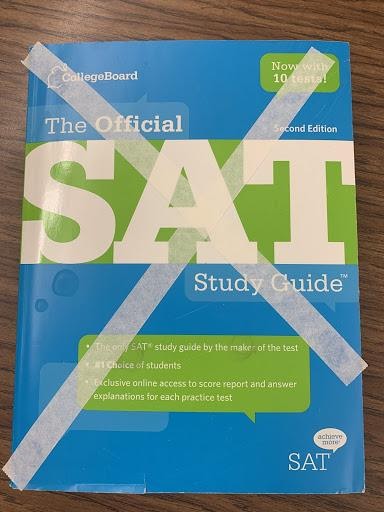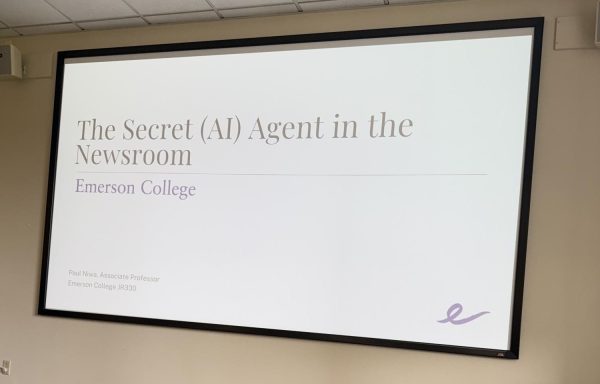The Dark Side of Standardized Testing

With the recent news of the May MCAS dates for 10th graders, the usual debate of standardized testing is garnering even more attention.
Schools have been using standardized tests since the mid 1800’s but they have picked up speed since the No Child Left Behind Act was mandated in 2002, requiring standardized tests in all 50 states. The goal of these tests was to prove that all children are getting the same education but they have not panned out like that.
Each state is in charge of developing its own test meaning test results are not comparable across state lines. From state to state the education system changes. Kids are not getting comparable education and these tests do not help.
Bluntly, standardized testing has been found to be racist. Young Whan Choi, Manager of Performance Assessments Oakland Unified School District in Oakland, California states, “Too often, test designers rely on questions which assume background knowledge more often held by White, middle-class students. It’s not just that the designers have unconscious racial bias; the standardized testing industry depends on these kinds of biased questions in order to create a wide range of scores.” Minorotiy students are set up to fail as a way of creating diversity within the scores.
Even within the MCAS, racially insensitive questions have been embedded into the test. Some Oakmont seniors may remember the 2019 10th grade ELA MCAS question asking students to write an essay relating to an excerpt from Colson Whitehead’s novel, The Underground Railroad. Students had to write the essay from the point of view of an openly racist character, Ethel, a white woman who betrays slaves on the road to freedom. This question ended up being from all tests that hadn’t been administered yet.
These tests are also very class distinct, especially the SAT and ACT. Oakmont’s guidance counselor, Mrs. Ewell, comments, “The SAT and ACT are biased. They say they test college readiness but rather determine who are good test-takers and favor families who have resources to prepare their child for test taking.” Kids from Title I schools often don’t have the money to hire tutors, purchase books, or have a computer to access online resources.
Another issue with these tests is teachers feel obligated to teach to the test. Teachers have no flexibility in their curriculum and cannot change their teaching so students can study topics they are actually interested in. Along with this, teachers must use class time to help prepare students for these tests including writing samples and practice tests.
Students are not tested on this information at the beginning and ending of the year so the testing has no way to show improvement only the final score. It doesn’t help to measure how much a student learned in their academic year. Mrs. Ewell believes a better way of testing students is by taking a sample of their work from throughout the year. She takes inspiration from the current Special Education MCAS which has certain students submit a portfolio instead of taking the actual test.
Overall, standardized testing does more harm than good. Students who are better takers will always come out on top. These tests are easily influenced by a student’s well-being including their stress, tiredness, and hunger and provide no real inclination at a student’s intelligence level. Luckily, many teachers and school counselors, nationally, have been pushing to abolish standardized tests with the new laxed rules due to COVID. While next month’s MCAS will be administered, maybe even more scrutiny will be given to this outdated concept.

Kaela Hillman is currently a senior at Oakmont. She cheers for our varsity cheer team along with participating in All-star Cheerleading. Outside of writing,...







